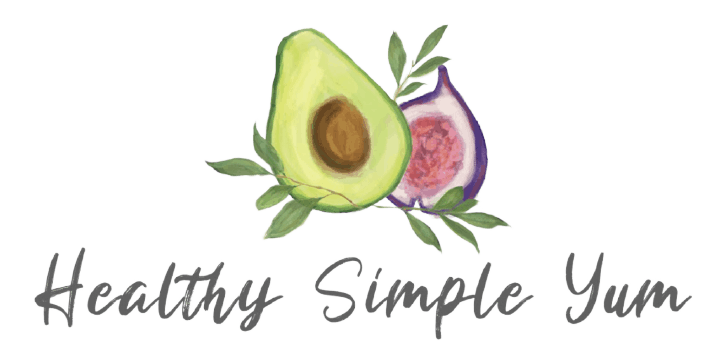Protein is known as the building block of life, essential for repairing tissues, building muscle, and supporting overall health. Pero like, how much of this macronutrient do you really need each day? The answer, like most answers in the nutrition world, isn’t one-size-fits-all; it depends on various factors including age, sex, weight, activity level, and overall health goals. You’d be surprised to know that most people are getting more protein than they actually need on a typical Western diet. Let’s delve into the protein puzzle and uncover your ideal daily protein intake.
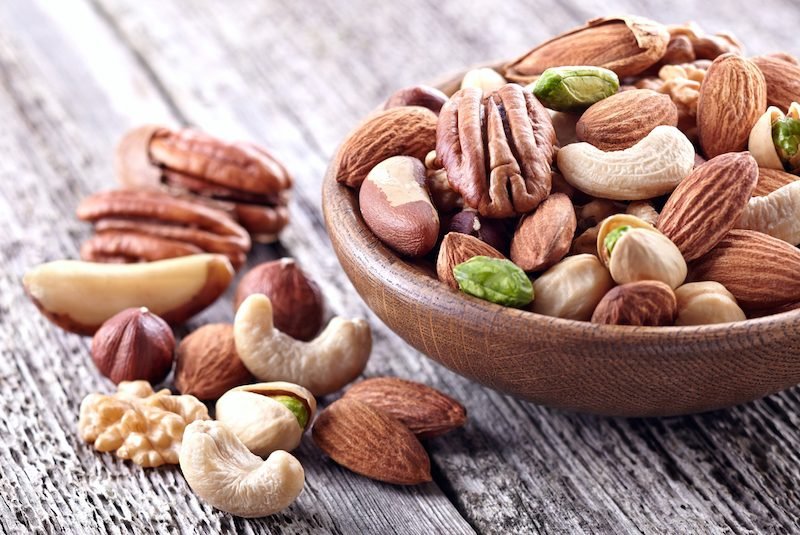
What is Protein?
Proteins are made up of amino acids, which are often referred to as the body’s building blocks. There are 20 different amino acids, nine of which are considered essential because the body cannot produce them on its own and they must be obtained from food. Foods rich in protein include meat, poultry, fish, eggs, dairy products, legumes, soy, nuts, and seeds. However, recent research shows significant health improvement when consuming more plant-based protein. As a registered dietitian, I always recommend eating more plant-based proteins to help improve your health.
Plant-Based Protein Sources:
1. Legumes: Beans, lentils, chickpeas, and peas are all rich sources of protein and fiber. They’re versatile, affordable, and can be incorporated into a variety Mexican dishes, from soups and stews to salads and stir-fries.
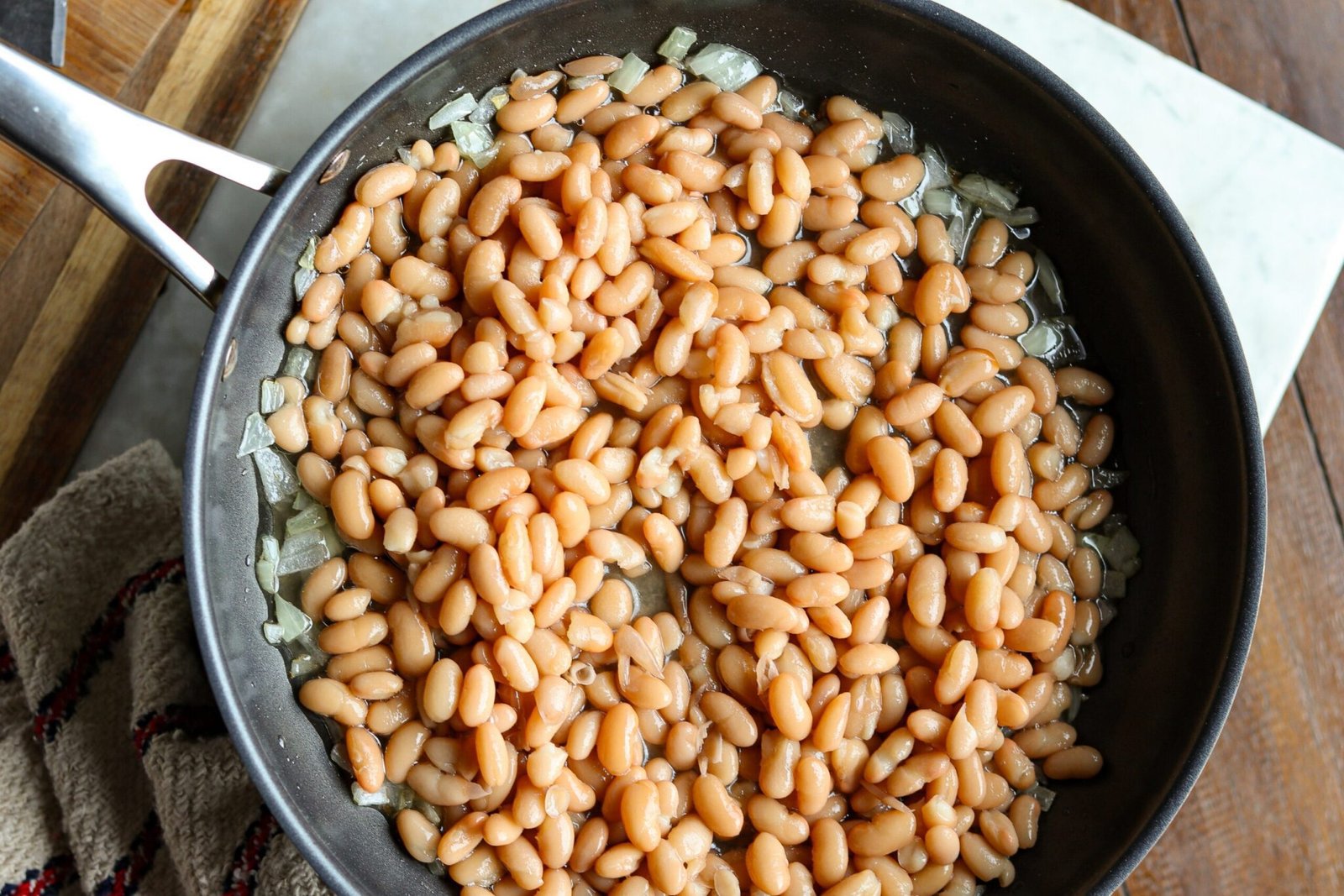
2. Soy Products: Foods like tofu, tempeh, and edamame are complete protein sources because they contain all nine essential amino acids. They’re also highly versatile and can be used as substitutes for meat in many recipes. I have a great selection of tofu recipes to choose from on the blog!
3. Whole Grains: Quinoa, brown rice, oats, and barley contain protein but also provide complex carbohydrates for sustained energy. These grains can serve as the foundation of plant-based meals as they are packed with fiber and can keep you full for a longer period.
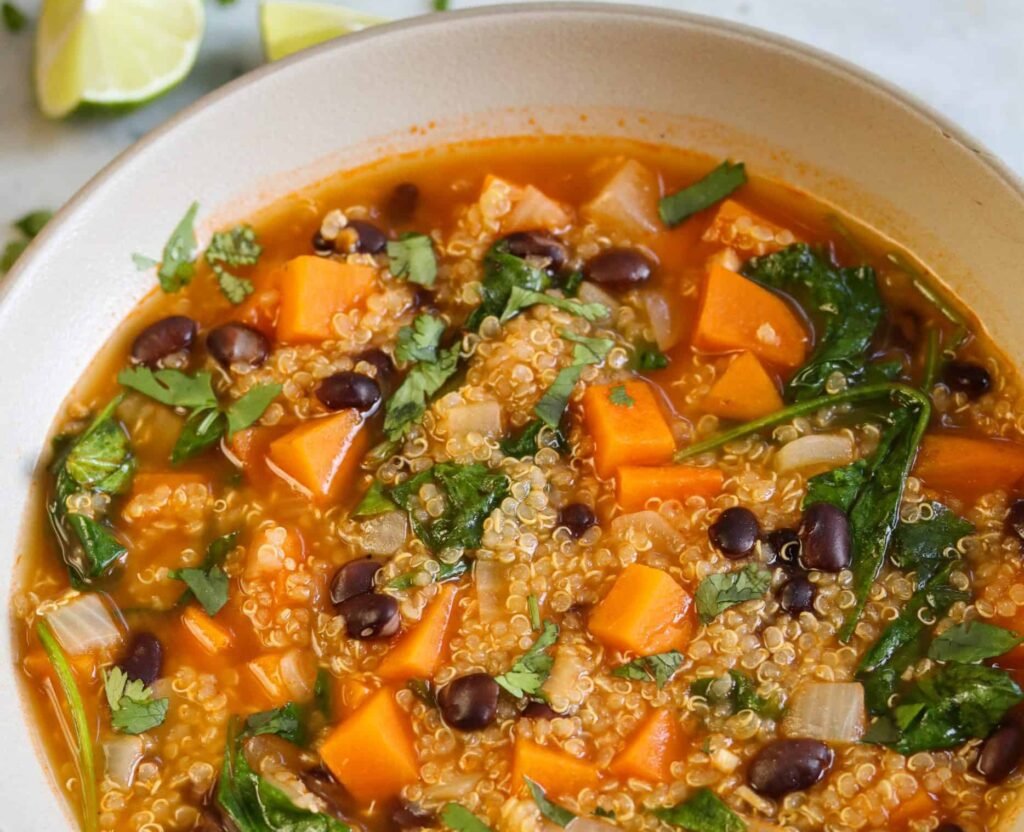
4. Nuts and Seeds: Almonds, walnuts, peanuts, hemp seeds, chia seeds, and flaxseeds are all excellent sources of protein, healthy fats, and essential nutrients. Sprinkle them on salads, yogurt, or oatmeal, or enjoy them as a satisfying snack. Hemp seeds are sneaky as they don’t have much flavor and the texture is very soft so these are easy to sneak onto foods for picky eaters!
5. Plant-Based Meat Alternatives: Plant-based meat alternatives have exploded in recent years, offering products made from ingredients like peas, mushrooms, and soy. While these products can be convenient for transitioning to a plant-based diet, it’s important to be mindful of choosing less processed options or eating them in moderation about once a week or so. Making homemade meat alternative is also an option. Check out my recipes for a seitan loaf, al pastor taco meat, and even some delicious seitan carne asada.

6. Plant-based Protein Powder: Protein powder is convenient for busy people who want accessible protein to add to their smoothies or for those wanting muscle growth. There are so many protein powders on the market but as a registered dietitian, my go-to is Naked Nutrition Pea Protein powder. It only has 3 simple ingredients: yellow pea protein, organic coconut sugar, and vanilla. You also get a whopping 25 grams of protein in 2 scoops!
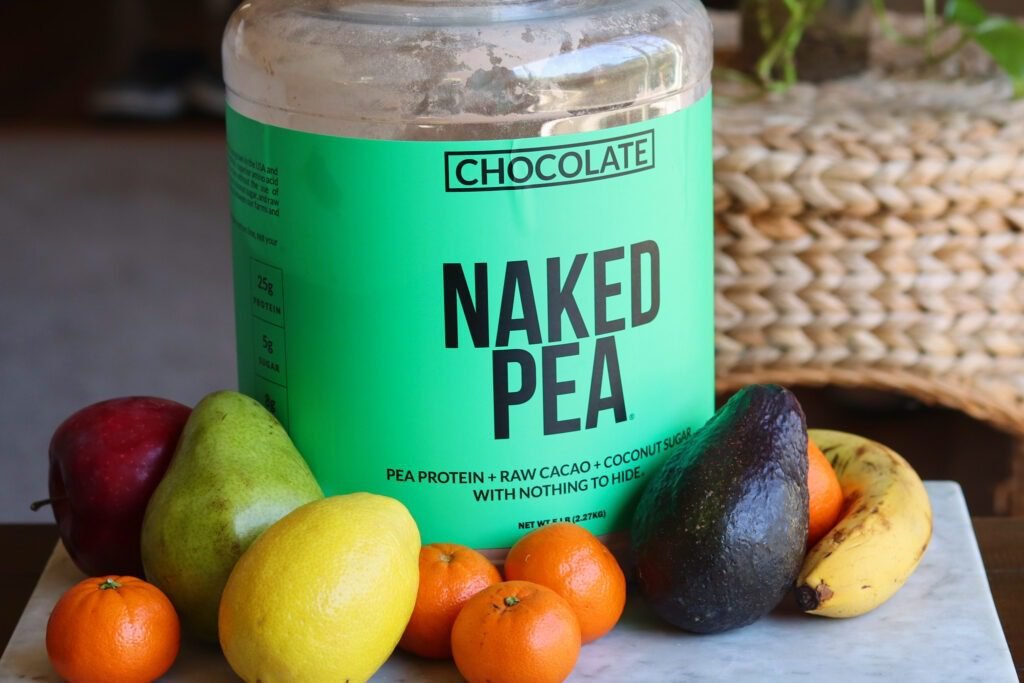
Daily Protein Requirements:
The Recommended Dietary Allowance (RDA) for protein is 0.8 grams per kilogram of body weight per day for adults. This recommendation is based on the average sedentary individual and may not meet protein needs for everyone, especially those who are physically active or trying to build muscle.
For those who engage in regular exercise, and strength training, or have wounds that are healing, protein needs may be higher to support muscle repair and growth. In such cases, protein intake recommendations usually range from 1 to 1.8 grams per kilogram of body weight per day. For vegans looking to boost their protein intake, supplements like High Impact Plant Protein Powder with a Vegan Protein Blend are an excellent choice. They help meet daily protein needs and support muscle gain and recovery, making them ideal for athletes and fitness enthusiasts.
I have converted measurements to pounds below to make it easier for my American readers:

Factors Influencing Protein Needs:
Several factors influence one’s protein needs:
1. Activity Level: More physically active people require more protein. For example, if you are exercising 3-5 times per week for about 30 minutes your protein intake should be between 0.54 – 0.7 grams/lb of body weight per day.
2. Muscle Mass: Individuals with higher muscle mass require more protein to maintain muscle and daily energy needs. If you have high muscle mass and are exercising 4-5 times per week including strength training for 30-60 minutes your protein intake should be between 0.7 – 1.0 grams/lb of body weight per day.
3. Age: Older adults may need more protein to counteract age-related muscle loss and maintain muscle strength. Protein intake should be between 0.54 – 0.7 grams/lb of body weight per day.
4. Health Goals: Those aiming for weight loss, muscle gain, or improved athletic performance may require adjustments to their protein intake. Protein intake should be between 0.7 – 0.85 grams/lb of body weight per day with physical activity included.
5. Health Conditions: Certain medical conditions, such as early stages of kidney disease, may require a reduction in protein intake, while others, such as pregnancy, need an increase in protein. Always check with your dietitian when it comes to health conditions to get a more accurate recommendation.

How much Protein do I need daily?
Here is an example of how to calculate your protein needs:
A healthy individual weighing 150 lbs that is active and exercises 3-5 time a week looking to optimize their health.
Protein needs: 0.54 to 0.7 grams x 150 = 81-105 grams of protein/day.
It’s important to note that while protein is essential for overall health, consuming excessively high amounts does not necessarily translate to greater health benefits. Exceeding daily protein needs frequently could even pose health risks to certain individuals.
Now you Know
Protein plays a vital role in the body’s structure and function, and meeting your daily requirements is essential for optimal health and performance. By understanding your individual protein needs and making informed dietary choices, you can ensure that you’re providing your body with the necessary nutrients to thrive. Whether you’re an athlete striving for peak performance or simply looking to maintain a healthy lifestyle, finding the right balance of protein intake is key to unlocking your full potential.
